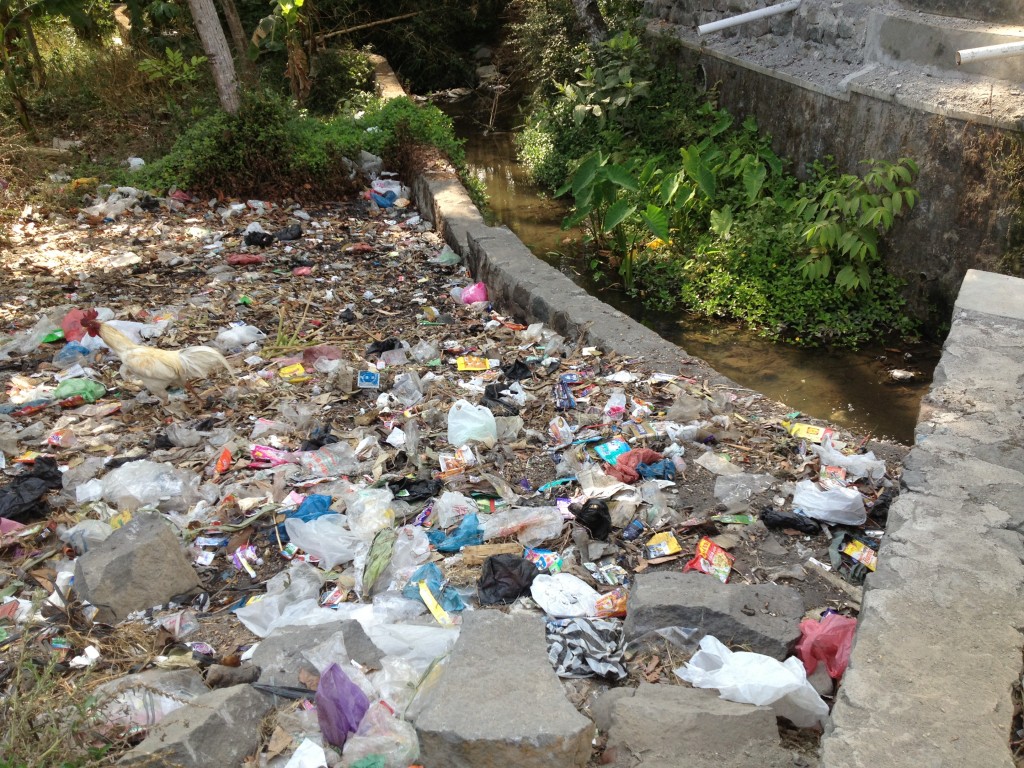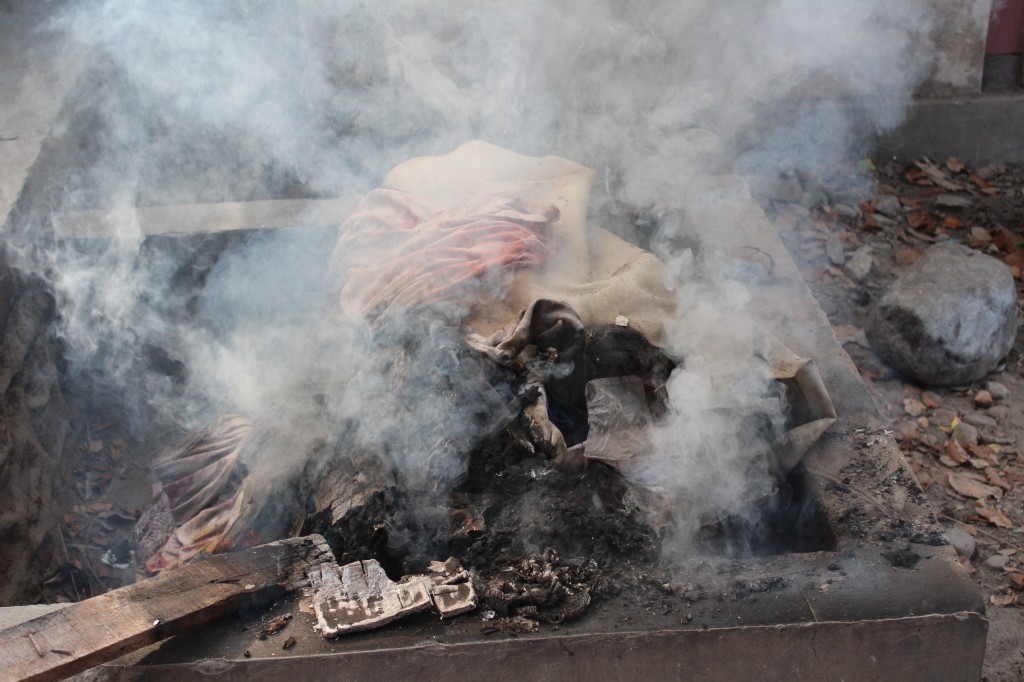
Indonesian lifestyle and culture is beautiful. Each member clearly contributes to society as a whole and deeply cares about those around them. I never go a day without a complete stranger offering a quick smile and bow. I love being a part of that for just a little while.
There are many things I have learned since moving to Indonesia that have struck me as interesting lifestyle choices I should bring home. For example, I ride a bicycle everywhere here, take off my shoes whenever entering a room, and shake hands with everyone everywhere to show respect and appreciate their presence. These small changes bring joy every single day. However, the most profound difference, and the cultural element I most want to bring back, is how they deal with garbage here. Quite simply, the American waste management system has it all wrong.
Here are the top 5 reasons why we should convert to a system like Indonesia.
1. A nationwide waste management system is expensive.
The United States government shut down in October of 2013 for sixteen days because of budget issues. Whole elections are decided over tax laws, because citizens believe they should have a right to their money. Many of us don’t realize that the waste management budget comes out of our hard-earned taxes.
According to a study done by the state of Vermont residents of their state pay on average $31.34 per week on solid waste disposal and recycling! That is $1,629.68 per year that we are spending per family. A single garbage truck can cost over $250,000 not including the driver’s salary, or the cost to run the landfill facilities for years until the trash meets appropriate disposal regulations.
The health insurance bill is a hot topic right now, but we really should be arguing about waste. We have no choice for how to dispose of our waste and are forced to pay the government to do it however, and at whatever cost they please. Imagine what your family could do with an extra $1,600 per year.
2. Mother Nature will surely outlive all of us.
The act of disposing of waste is purely a selfish human desire to rule the world forever. The fact of the matter is that nothing we could do, short of eliminating the sun, could cause any real damage to Mother Earth. She will rage on long past the last bipedal human primates scour her surface for the meaning of their existence.
For those that rally behind the “Go Green” banner, realize that it is a purely selfish exercise. You’re no Captain Planet saving the Earth one plastic bag at a time. You’re a 12th century feudal lord ensuring land rights for your progeny.
Still feel inclined to recycle and dispose of waste “appropriately”? On a national scale the good you are doing is negligible. Carbon Footprint is defined by Wright, Kemp, and Williams as, “a measure of the total amount of carbon dioxide and methane emissions of a defined population, system, or activity.” The average US household emits about 50 tons of CO2e per year. Do you drive a car, fly on planes, or buy products from other countries? Are all of your appliances “energy saver”, all of your light bulbs CFLs, and all of your windows and doors sealed for insulation? Have you even read the Kyoto Protocol?
3. Throwing trash on the ground is convenient, and efficient.
In Indonesia, there are no public trashcans. If you need to throw something away while in public, you throw it on the ground and walk away. Someone else will sweep it somewhere at some point, probably. In the United States “time is money” and yet we waste so much time finding a proper receptacle for an item that will eventually find a place in the ground anyway.
I know what you’re thinking, “What about if there is trash in my house?” For me, I just put it in the hallway, and it’s gone by the time I return from work. Others do the same – they put it in the street, the back alley, or the river.
Here, there is no forgetting about rotten banana peels in your backpack because you couldn’t find a trashcan. There is no added guilty-conscience for cigarette smokers leaving butts in their wake. There is no yelling at your pimply teenager to remind them that today is trash day, but not recycling day (that’s every 3rd week of the month). There are no mountains of soda and beer cans in dark corners of garages waiting to be redeemed for $0.05 per. Life is so much simpler here.

4. Other methods are cheap and more enjoyable.
I’ve always said the key to enjoying work is to make it somehow personally meaningful, relevant, or exciting. For those who want to be a bit more proactive in their waste management while enjoying a spectacle, burning is the preferred method.
After the wheel and before the Segway, fire is humankind’s most impressive feat. Society as we know it hinges on the existence of combustion and yet us Americans turn our noses at such a practical application as disposing of trash.
Sure, it can smell a little bit, but if you get the combination of ingredients just right the smoke takes on a nice sweet smell reminiscent of the 1960s or a college dorm room.
5. Provides an activity and access for the less fortunate.
As mentioned before, someone will eventually sweep the trash somewhere. Leaving trash around provides an activity for women and others who don’t work during the day. Who are we to strip people of their desire to work and to contribute to society? When the children are at school and dinner is on the stove, there must be something women can do to be productive. I find the suggestion that women shouldn’t do this work mighty sexist.
And how often do we raise money for the poor or offer small denominations for a meal? Leaving trash in accessible locations enables these people to easily acquire much needed sustenance. I think it is disgusting how we make people dig through trashcans filled with everything and anything that others feel like putting in them just for the food necessary to survive.
Is it not conceivable that one person’s trash may be of value to another? We hide our trash in receptacles so that others cannot use what we no longer want. We have laws that restrict others from looking through our receptacles to retrieve items. This is very clearly an extension of our western ideal that individuals must earn what they get independently.
As you can see, the whole notion of waste management in the United States is backwards. In the land of the free we allow a system to restrict our rights and steal our money. We are fighting the wrong battle and could very clearly learn from others around the world. The communal values here in Indonesia have shown me the truth of this.
___________________________________________
jared
